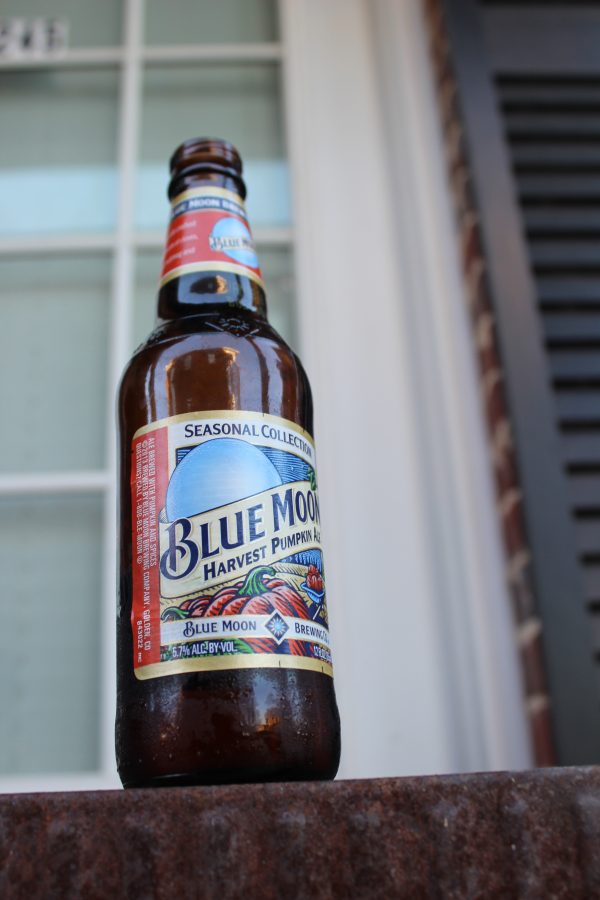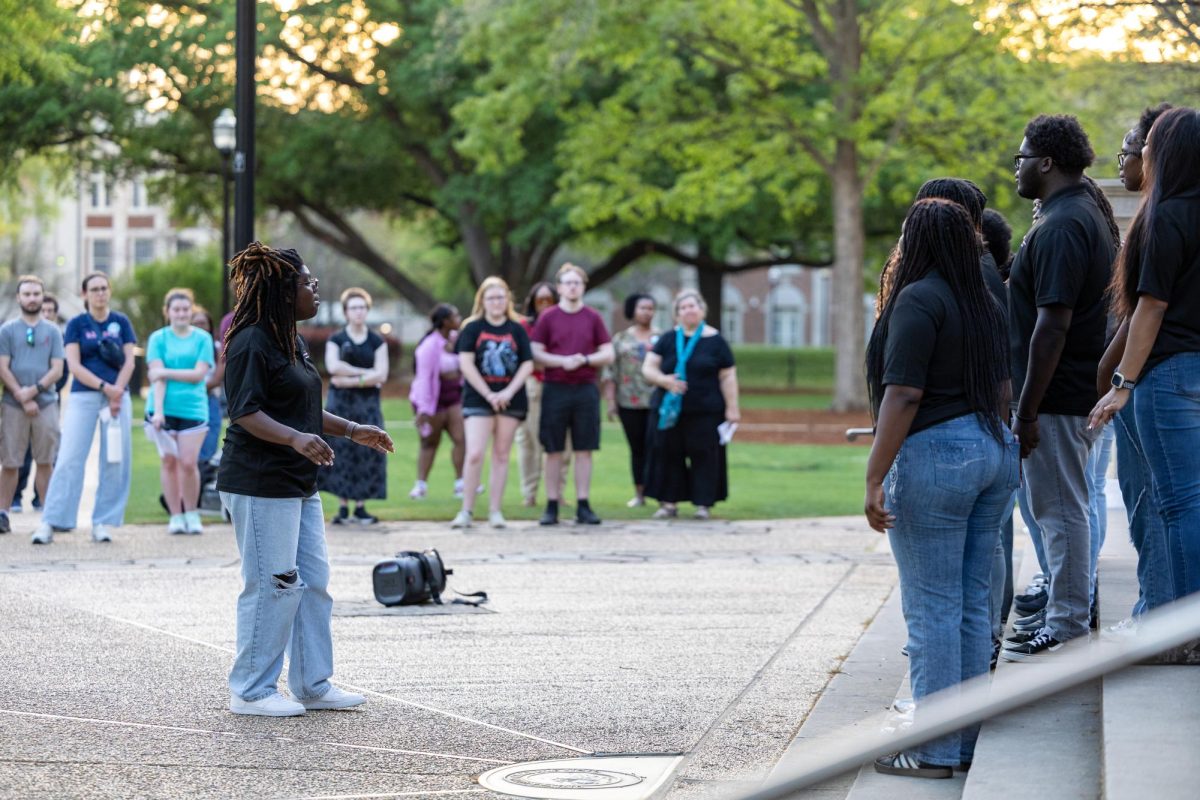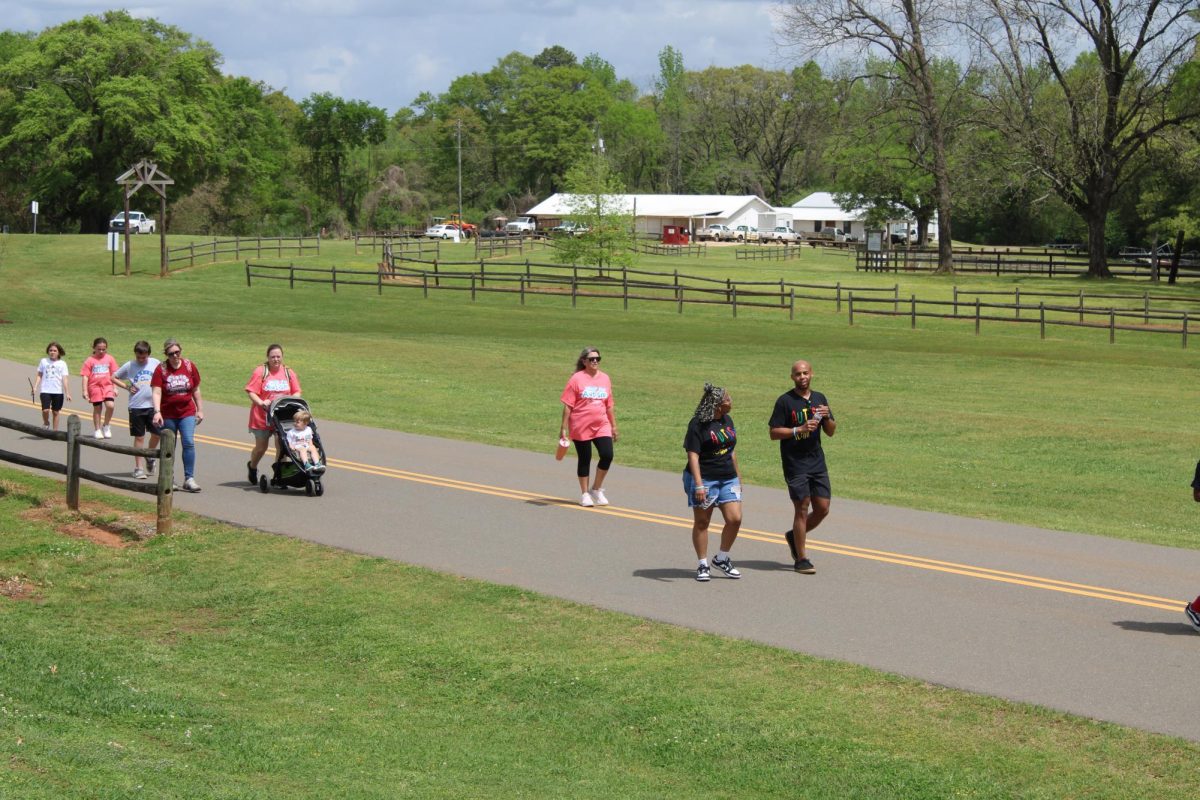College campuses all across America deal with the issue of student alcohol consumption, and The University of Alabama is no exception.
According to the National Institute on Alcohol Abuse and Alcoholism’s website, about four out of five college students drink, and about half of college students who drink practice binge drinking.
Students may not realize the toll too much drinking can take on their health. The NIAAA website describes the effects alcohol can have on your brain, heart, liver and pancreas.
According to the website, alcohol interferes with the brain’s communication pathways and can change mood and behavior. It can cause stretching and drooping of the heart muscle, irregular heartbeat, high blood pressure and stroke. It can lead to various problems in the liver, cause the pancreas to produce toxic substances, and even increase the risk of certain cancers.
How does one safely consume alcohol and avoid many of these problems?
Delynne Wilcox, assistant director of health planning and prevention for the Department of Health Promotion and Wellness, said students should make sure to obey the law.
“If you’re under the age of 21, it is illegal to consume or possess alcohol,” Wilcox said. “If you are around people who are, it’s important to pay attention to how much alcohol you are consuming over a period of time. Sixteen ounces or 32 ounces doesn’t mean one drink.”
According to Wilcox, one drink is a 12 ounce can of domestic beer, a 5 ounce glass of wine, or a 1.5 ounce shot of hard liquor.
“Make sure you’re alternating a non-alcoholic beverage between every alcoholic beverage,” she said. “One drink to an hour is what the body can handle generally speaking. Take it in at a rate that your body can best process it.”
Wilcox said to eat a good meal before you start consuming alcohol.
“It’s not going to prevent you from running into complications, but it’s a preventative factor,” she said. “Continue to eat while you are consuming alcohol to help pace the way the alcohol is going into your body and give your body time to process the alcohol the body may have already consumed.”
If a student thinks their friend may have alcohol poisoning, Wilcox said it is important not to let them sleep it off.
“They don’t need to be left alone because they could stop breathing and other health complications could ensue,” she said.
Wilcox said to call 911 or find someone who has not been drinking who can drive them to the hospital.
“At that point, you don’t want to mess around with it,” she said. “Don’t second guess it. A person’s blood alcohol concentration level still continues to rise after the last drink the person has. Even if they stop drinking, it doesn’t mean they aren’t at risk for their blood alcohol concentration level going higher.”
If a student believes they or their friend may have an alcohol problem, they can make an appointment with the counseling center or the Student Health Center’s Substance Abuse Services. For more information on college drinking, visit www.niaaa.nih.gov.









